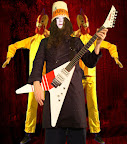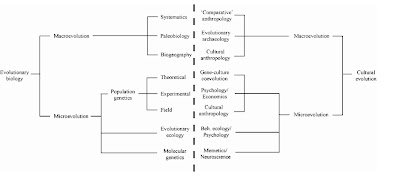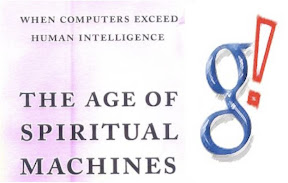
In Judeo-Christian tradition, the first man and woman lived in a place in which no technological solutions were needed, a place with food freely provided and climate appropriate for no use of clothes.
It's a sin to think of the Garden of Eden as a desirable or admirable place. It is stripped of what makes humans special - cognitively generated gear and information that provide survival solutions.
I'm very fastidious when it comes to gear and information. The paradigm of mass marketed dominant brands ( Mall culture ) is not for me, mainly because I find the solutions provide a poor function space for my overall existence. The paradigm of abstinence or less-and-local, whether a Thoreau type of downshifting or militant grown-locally adbusting, is not for me because it is impoverished, self-righteous and not at all healthy.
My highly specific agenda for living has found a perfect meta-tool for life. Google and Amazon. Google ads (with integrated user-targeted news articles) and Amazon recommendations are the only way I want to learn about the gear needed for living. Google monitors almost my entire online life and provides ads relative to my discourse. Amazon provides associative logic on patterns of purchase. With Google and Amazon parsing my online activity, My discourse becomes the gatekeeper/filter for marketing of gear. Gear is good and a sign of a more fully realized human, and with smart ads, the marketing of gear is made good also. Smart advertising combined with long tail economics makes an even more empowering acquisition of goods.
Internet protocol Information travels as electrical pulses called bits. Typically they travel across cables on backbone networks, often one or two satellite hops. Since the 1990's a last mile delivery system of wireless radio signals has become popular, most often in homes or offices as a local area network. With the Federally mandated illegalization of television over the analogue 700Mhz spectrum ( all standard definition TV is now digital, by law ), the internet can be broadcast over old TV signal bands.
This is a new "last mile" delivery solution for information. Remember what makes humans special - cognitively generated gear and information that provide survival solutions. A new last mile delivery of a world wide web of information is a big deal in human progress. Add to that a exponentially more important distinction -the 700Mhz spectrum could be a closed network ( only allowing specific devices, with specific functionalities to access ) or an open network ( you could create your own device, operating system and applications that can access through publicly known standardized protocols ). Google got the FCC to agree that if a certain reserve bid is met, Block C of the 700Mhz spectrum would be mandated as open, no matter who buys it.
As of Jan 31st 2008, with auctioning still going on and winning bidders not known, news emerged that Block C has met that reserve bid threshold, and open access is now mandated. A new step towards more client side economics has been made, in
one of the most powerful pieces of property on Earth.
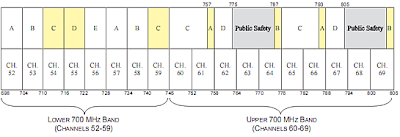



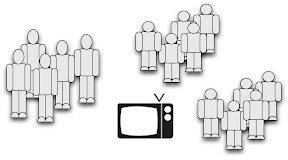






 While living in Olympia, I saw the local co-op, with its under-caffeinated staff selling nothing useful.
The photo to the left is about all they had. I'll take Doritos, specialized FOSS capable electronics, and obscure art over that any day.
While living in Olympia, I saw the local co-op, with its under-caffeinated staff selling nothing useful.
The photo to the left is about all they had. I'll take Doritos, specialized FOSS capable electronics, and obscure art over that any day.










